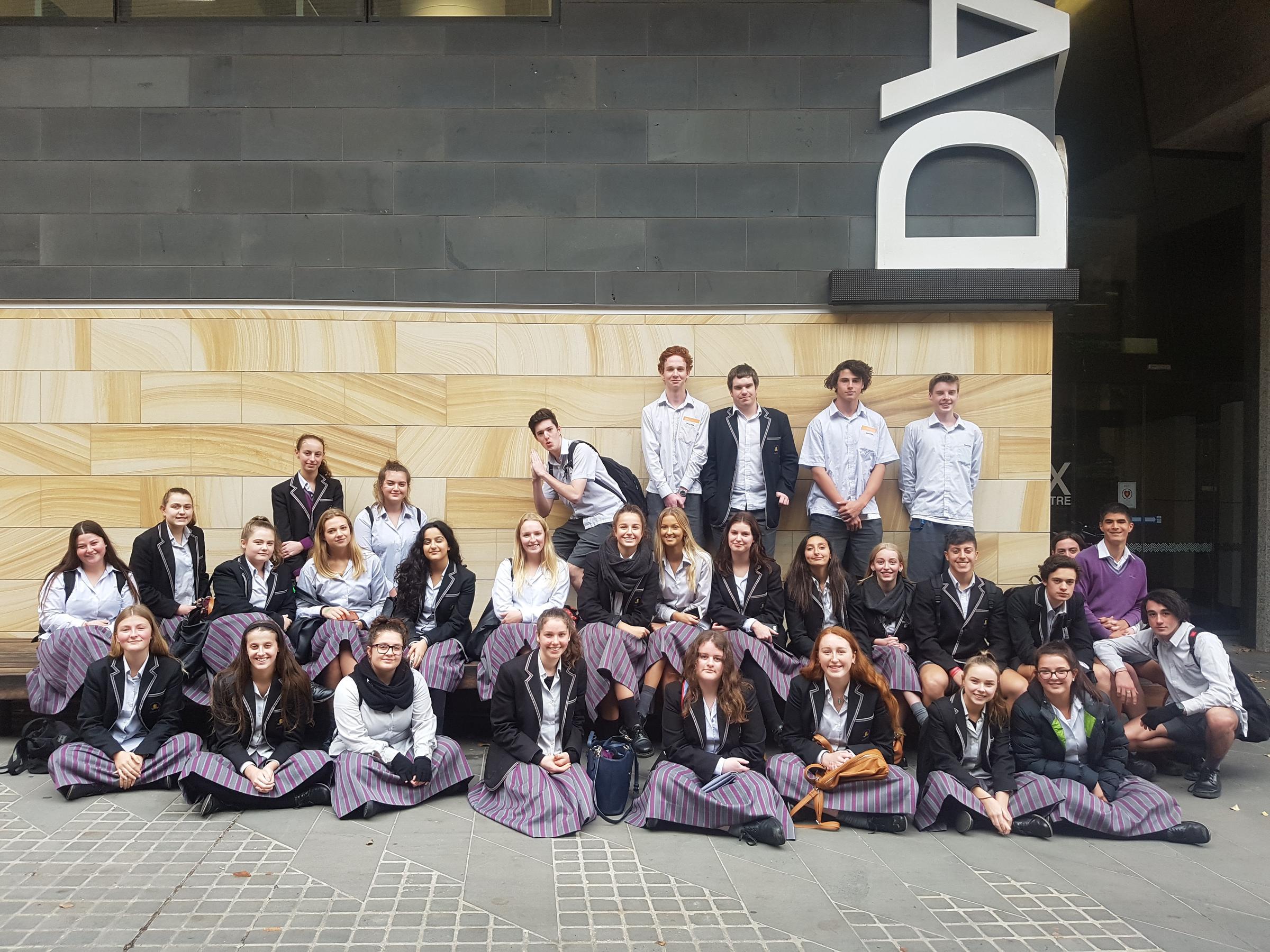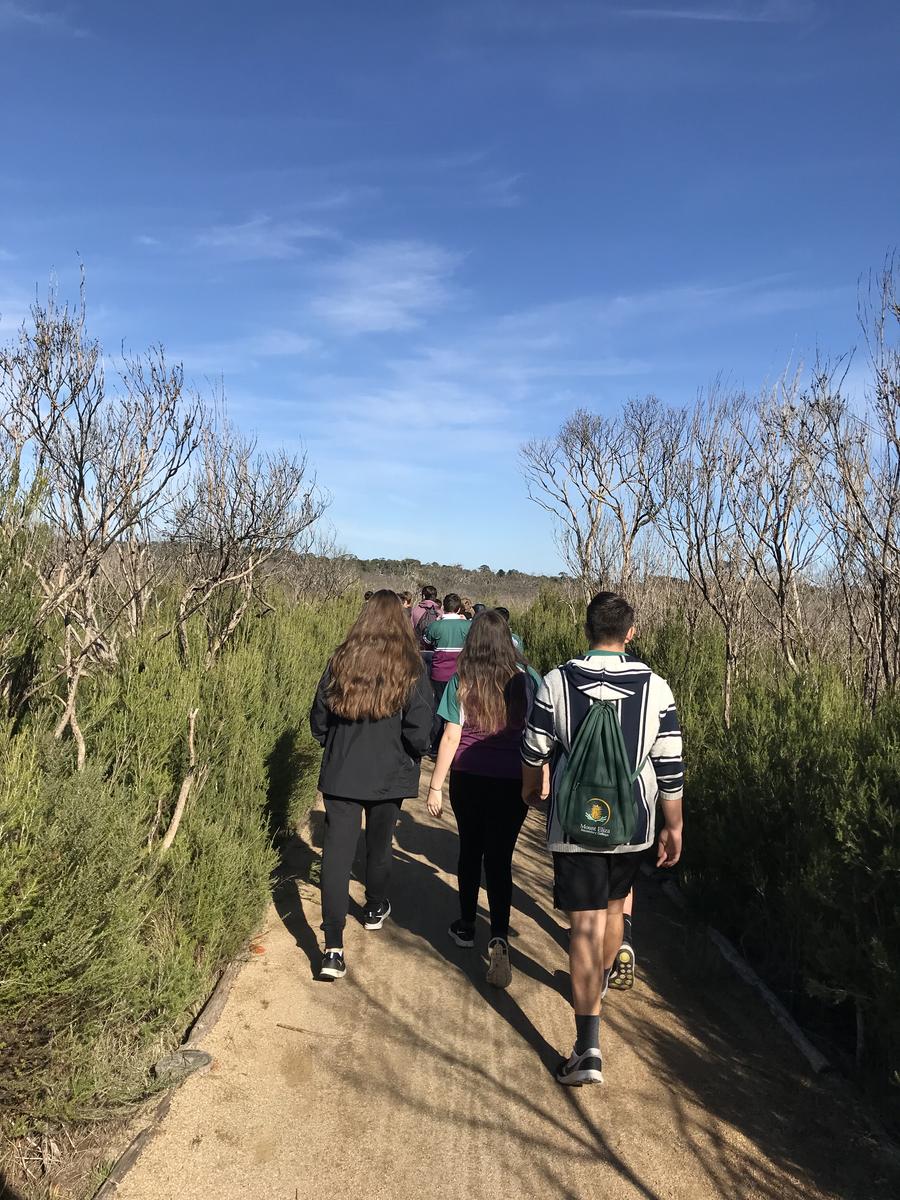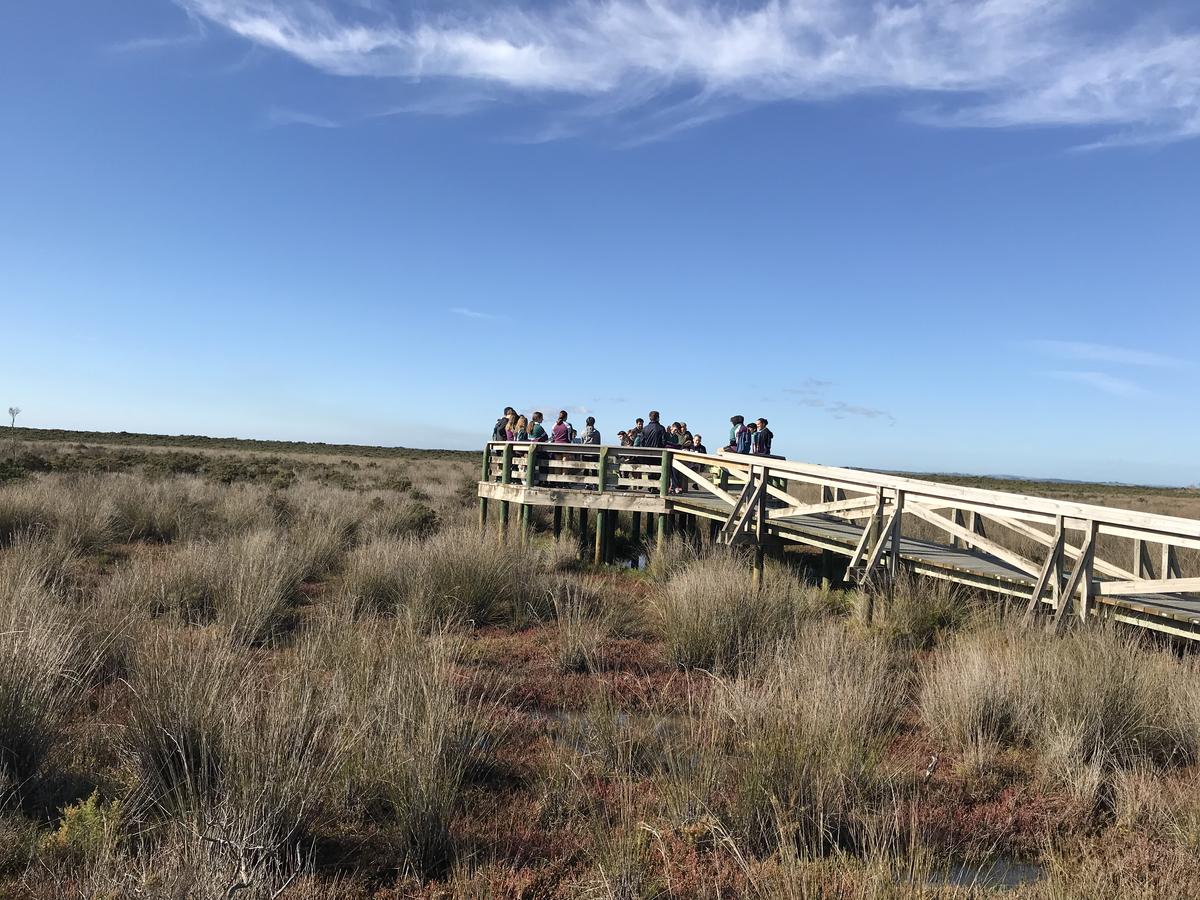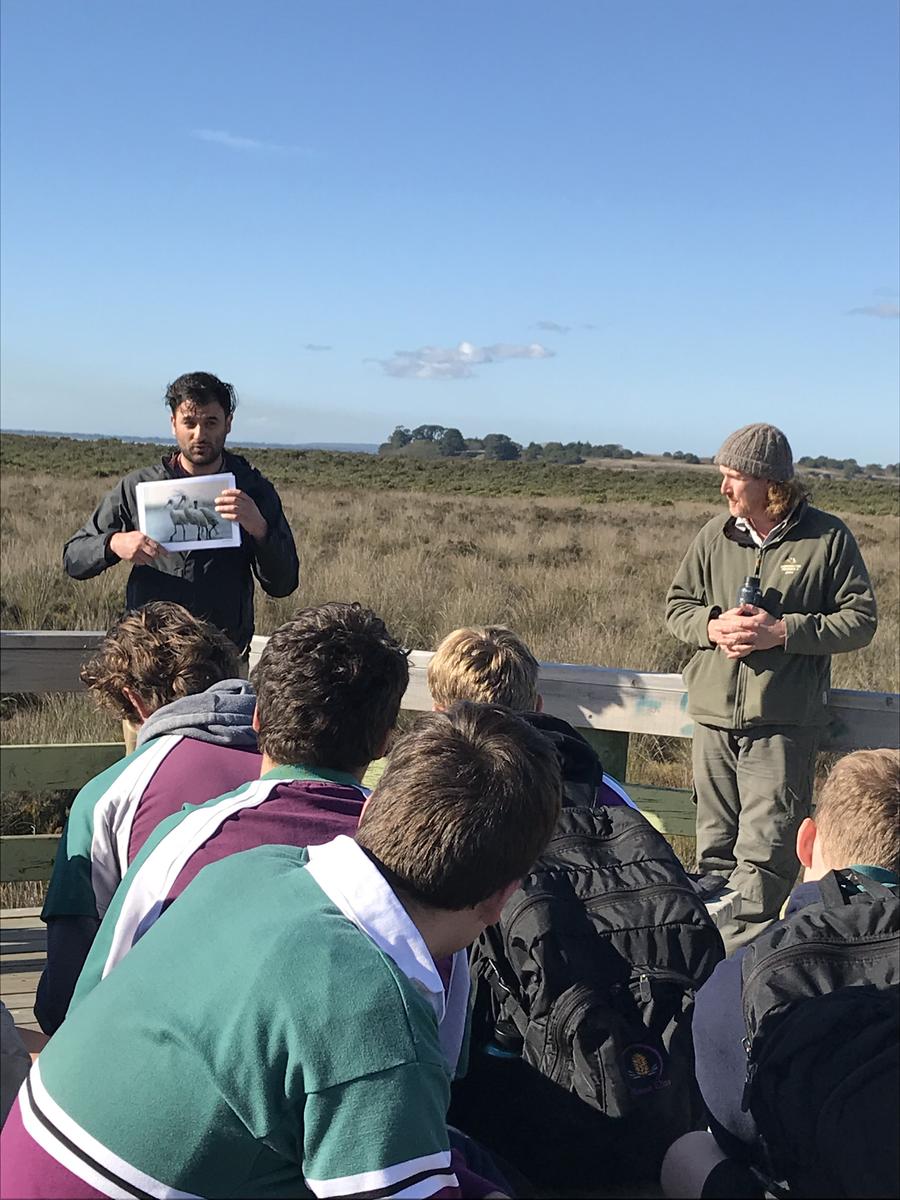DAX

DAX GALLERY VISIT
Unit 1 Psychology DAX Gallery Visit.
As part of our investigation into the Continuum of Mental Health, Unit 1 Psychology students visited the DAX Gallery, located at the Melbourne Brain Centre on the grounds of Melbourne University.
At the gallery, students gain a multifaceted perspective on artworks and mental illness encompassing the artistic, scientific and psychological.
“The Dax Centre promotes mental health through innovative programs centered around its heritage-listed and unique Cunningham Dax Collection. The Dax Centre seeks to change community views towards mental illness by increasing empathy and understanding of mental illness, psychological trauma and the mind through the art. A goal is the reduction of stigma towards mental illness and mentally ill people.” (DAX Gallery Website)
The historical approach of treating mental illness was explored through discussion of artworks, including how art therapy can assist in the diagnosis and treatment of mental illness. Students were intrigued by the stories behind the artwork and the different ways in which artists were able to express their thoughts, feelings and emotions.
The visit also included a highly engaging and personal presentation by ‘Len’, who shared his experience of living with Bipolar, Depression and Anxiety. Students were particularly moved by his story and gained an insight into how mental illness can affect anyone. He was able to convey ways in which mental illness can affect and impact people’s every day lives.
We learnt:
- How art therapy has been used to help mentally ill patients
- Help is needed for these people suffering from these illnesses but help isn’t hard to find.
- That people all have different ways of dealing with mental illness
- To see someone with a mental illness as a person, not as an example of the mental illness
- That a mental health problem is different from a mental health illness
- Schizophrenia is not just hallucinations and hearing voices
- That the services available today are much more humane and accessible for those experiencing mental health issues compared those in the 1960s, 1970s and 1980s
- 1 in 4 people will suffer from a mental illness
- mental illness can affect people in many different and unique ways and everyone’s experience is different
- We should pay attention to our mental health and we should be accepting and supportive for those who need it and we should not be ashamed to ask for help.
We would like to thank Angela, for accompanying us on this excursion, as well as the pre-service teachers from Monash University. It was a wonderful and moving day, which allowed students to gain a valuable insight into the world of mental health.
Anyone who is concerned about their own mental health or another’s are encouraged to make contact with Angela Connelly in Wellbeing or can access help from the following contacts:
Lifeline - 13 11 14
Kids Helpline- 1800 55 1800
https://www.beyondblue.org.au/
YEAR 9/10 OUTDOOR EDUCATION
This term, Outdoor Education students have been investigating the impacts of introduced species on natural environments. As part of this unit of work, they completed a day walk through Warringine Park in Bittern. They were fortunate to be accompanied by two bushland management members from the Mornington Peninsula Shire. Students were also able to witness first hand how native flora and fauna regenerates after the impacts of a significant fire as well as a broad range of land management practices. Well done to all students on completing a successful semester in Outdoor Education.
Mr Prior





